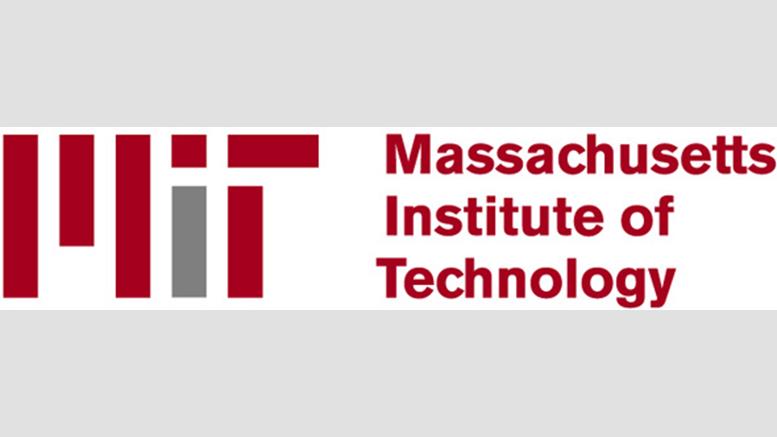
Bitcoin Mining Project at MIT Becomes Subject of New Jersey Fraud Investigation
A New Jersey fraud investigation is underway, and four students at the Massachusetts Institute of Technology (MIT) are under the microscope for a hackathon project that involves bitcoin mining. Dubbed "Tidbit", the project allows website visitors to "loan" computing power to mine bitcoin (for the website operator) in exchange for not seeing advertisements. The state of New Jersey isn't seeing it as a simple exchange, however. Authorities has reportedly subpoenaed developers of the project - and they're looking for source code and other documents related to the project. At this juncture,....
Related News
Tidbit was a project designed by four Massachusetts Institute of Technology (MIT) students who developed the software for a hackathon back in November 2013. The purpose of the software was to be a substitute for website advertisements, allowing sites to instead monetize visits by using the visitor computer to mine Bitcoins. However, no Bitcoins were ever mined because the mining function of the software code was never operable. Back in December 2013, the New Jersey's Division of Consumer Affairs issued a subpoena and information request to one of Tidbit's developers, seeking extensive data....
The New Jersey Division of Consumer Affairs has settled with the developers behind Tidbit, a student hackathon project that experimented with bitcoin mining as an alternative to online advertising. Under the terms of the settlement, Tidbit's developers have agreed not to access New Jersey computers unlawfully for a period of two years. Should the developers be found in violation of the provision, a release from the government said they would be assessed a $25,000 penalty. The resolution marks the end of a controversial court case that began when MIT student Jeremy Rubin received a subpoena....
A former employee of the collapsed bitcoin mining company, GAW Miners, is currently under investigation by the Securities and Exchange Commission (SEC) for fraud. Carlos Garza was issued a subpoena by a federal judge in Massachusetts to be forced to respond to these allegations. According to the SEC, millions of dollars were lost in possibly fraudulent sales of bitcoin mining hardware by GAW Miners. Carlos Garza is a former salesman of the company and is the brother of the founder and CEO, Josh Garza. Bitcoin Mining Fraud. Carlos Garza appeared before SEC lawyers in Boston last week for....
Tidbit, a student bitcoin mining project, was issued a subpoena by the New Jersey Division of Consumer Affairs in December 2013 and has recently reached a settlement with the regulator. The terms of the settlement prevent the developers from accessing New Jersey computers unlawfully for a period of two years in its experiment to leverage bitcoin mining against online advertising. The project, which was developed at the Node Knockout Hackathon and won a prize for innovation, posed an out-of-the-box solution to the long-standing dependence of internet companies on online advertising. It....
The Electronic Frontier Foundation has announced that it will defend Jeremy Rubin, an MIT student who received an out of state subpoena following his prize award winning Bitcoin code Tidbit, in a court appearance on the 22nd of September 2014. Jeremy Rubin, Oliver Song, Kevin King and Carolyn Zhang won the Node.js Knockout Hackathon in November 2013 for their innovative new concept Tidbit, a Bitcoin JavaScript programmed website that could be used to mine bitcoins by simply copying and incorporating a piece of code. According to court documents, the aim was to allow websites to offer users....





